03
Feeling overwhelmed?
Understanding and preventing professional burnout.
We all go through periods where everything feels like too much. Endless tasks, competing priorities, or the pressure to keep performing when your energy is running low.
But when overwhelm becomes your new normal, it can quietly lead to emotional exhaustion, disconnection, and burnout.
Overwhelm and burnout
Overwhelm is a psychological and physiological state that occurs when the demands placed on you consistently exceed your capacity to cope, process, or perform effectively.
At its core, overwhelm is a form of stress overload. When too many tasks, expectations, or emotional pressures stack up faster than your internal resources can recover or respond.
In the context of performance, this often shows up as:
Difficulty focusing or prioritizing
A constant feeling of falling behind
Emotional reactivity or emotional numbness
Reduced confidence, motivation, or decision clarity
Physical symptoms like muscle tension, fatigue, disrupted sleep, or frequent illness
Short-term stress is normal – even helpful. But when stress becomes chronic and unmanaged, overwhelm can turn into burnout.
According to the World Health Organization (WHO, 2019), burnout is a work-related syndrome resulting from chronic workplace stress that hasn’t been successfully managed. It includes:
Emotional exhaustion – feeling drained and depleted.
Cynicism or detachment – mentally checking out, becoming resentful or numb.
Reduced professional efficacy – feeling less capable, productive, or confident in your work.
What tools or theories might
we use?
To help you understand and prevent burnout, we draw on evidence-based models from health psychology, occupational science, and performance coaching.
The Job Demands-Resources Model (Bakker & Demerouti)
Explains how burnout develops when demands outweigh available resources (e.g. time, autonomy, support).
Cognitive Behavioral Coaching (CBC)
Helps you identify and shift thought patterns that fuel pressure, perfectionism, or over-responsibility.
Stress Appraisal Theory (Lazarus & Folkman)
Focuses on how we interpret stressors and the role of perceived control.
Energy Management Models (Tony Schwartz, Loehr)
Move beyond time management to optimize physical, emotional, mental, and purpose-driven energy.
Values-Based Coaching
Reconnects work efforts to personal meaning to restore motivation and clarity.
What steps will we go through together?
We will:
-
When and how does overwhelm show up?
What roles, expectations, or habits drive it?
-
We’ll map where you are on the spectrum: from healthy engagement to depletion or withdrawal.
-
Explore and challenge unhelpful beliefs around productivity, control, or perfectionism.
-
Strengthen boundaries, recovery strategies, and intentional focus without guilt.
-
Reconnect with your values and long-term career direction so you can lead with purpose, not panic.



